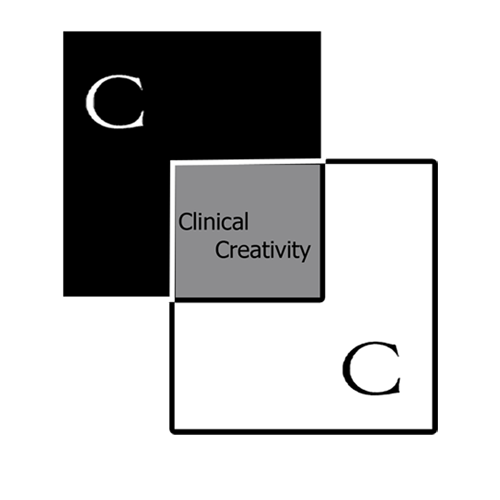Who earns your loyalty and why?
It's a tough question because we rarely think about who or what gains our loyalty. The sheep in Babe give their hierarchy in the title of this post, but for clinicians the distinctions are not always clear.
Is it your practice or department which comes first? Is it your speciality? Is it your health community?
It is too trite to say that you are loyal to your patients, especially since all too often it is they who remain loyal to the practitioner who has failed them in the past.
This loyalty issue has a nasty inverse consequence. I recently met someone who worked for a specialist trust. She described consultants from that speciality who worked in nearby DGHs as having failed to attain the standards required to work in her organisation, and in effect, not fit to treat her dog.
When loyalties are put in conflict, such as organisational mergers we are likely to see reactions which are unpredictable, possibly aligned to loyalties not apparent to those outside the group. These conflicts will be increasingly common as the commissioning agenda develops.
